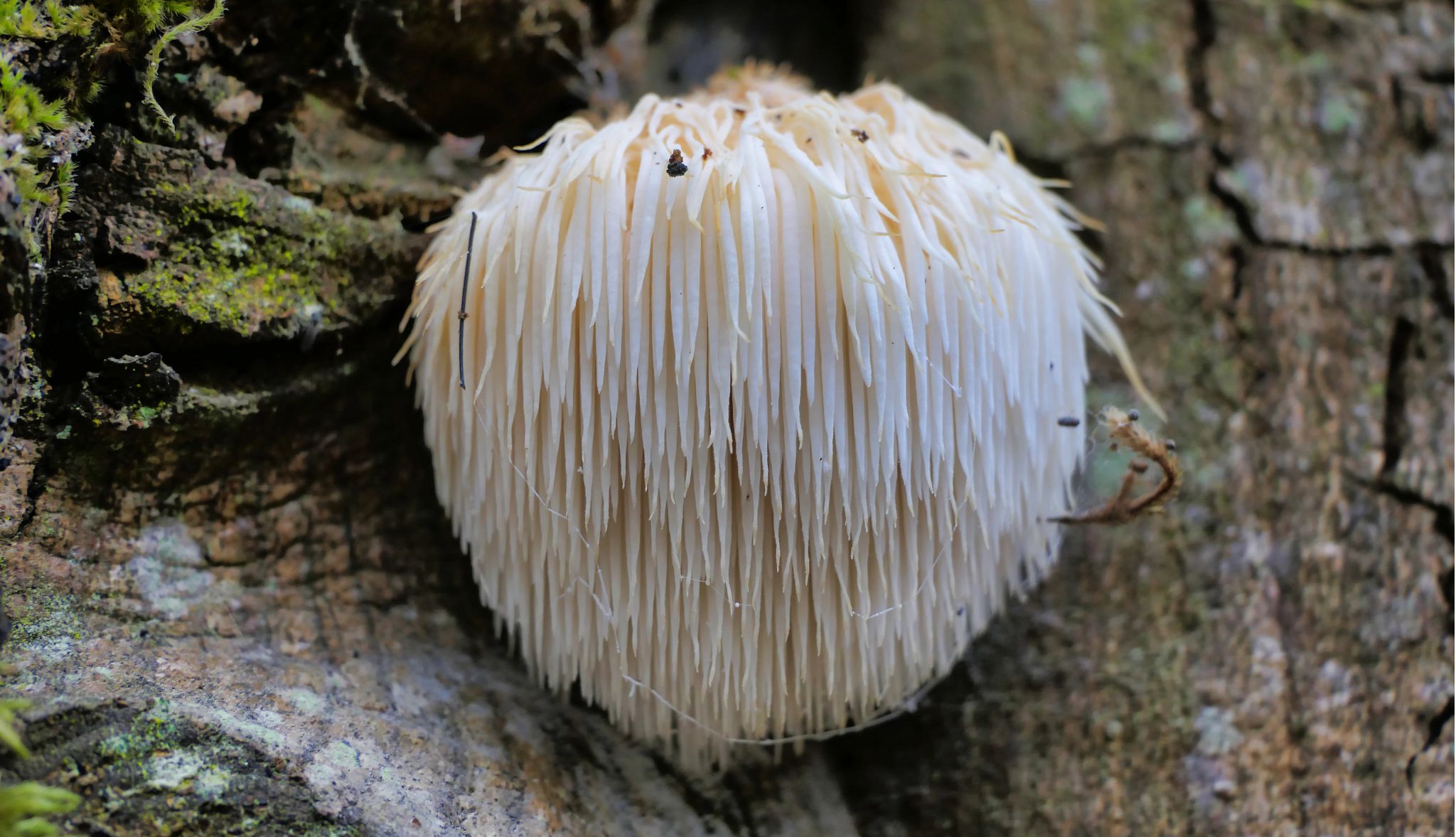Challenges


It’s easy to understand why lion’s mane is touted as a brain-boosting supplement. This edible mushroom, which is named for its shaggy, hair-like appearance, contains two chemicals that, in lab studies, promote the production of a protein called nerve growth factor that’s important for the health of neurons.
Nerve growth factor helps to support nerve cells, including those that decline with age and when Alzheimer’s disease occurs.
The two chemicals — hericenones and erinacines — are the reason the mushrooms, in supplement form, are marketed for improving mood and cognitive health. In mouse studies, extracts of lion’s mane reduced the number of amyloid plaques in the brains of mice engineered to have Alzheimer’s disease. The extract also increased production of new nerve cells in other studies in mice.
But the evidence for using the supplement in humans to enhance brain function, much less to stave off dementia, is slim at best, says neuroscientist Yuko Hara, director of Aging and Alzheimer’s Prevention at the Alzheimer’s Drug Discovery Foundation and an adjunct faculty member in neuroscience at the Icahn School of Medicine at Mount Sinai in New York City.
“There have been several clinical trials in healthy populations, as well as in Alzheimer's patients,” but there is a need for much larger studies, Hara says. “Further evidence is needed to determine whether lion's mane is, in fact, beneficial for cognitive function or improving the symptoms of dementia.”
What did the small studies find?
In a study reported in 2008 in Phytotherapy Research, 30 people ages 50 to 80 with mild cognitive impairment took lion’s mane or a placebo (dummy) pill every day for 16 weeks. Afterwards, those on the supplement had higher scores on a cognitive function scale. However, Hara notes that “those on the placebo also showed small score increases over time.”
Data published in Biomedical Research in 2019 also pointed to a small benefit. The study assigned 31 cognitively healthy people over age 50 to take either the supplement or a placebo. After 12 weeks, those taking lion’s mane showed improvement on the Mini Mental State Examination (MMSE) test.














More From Staying Sharp
Building Brain-Healthy Eating Habits
We make it easy for you to prepare and eat foods that support your brain health
6 Healthy Habits That Can Help Support Brain Health
Your lifestyle choices could have an effect on your brain’s healthEat Right
Explore meal plans and tasty recipes chock-full of the brain-friendly nutrients you need